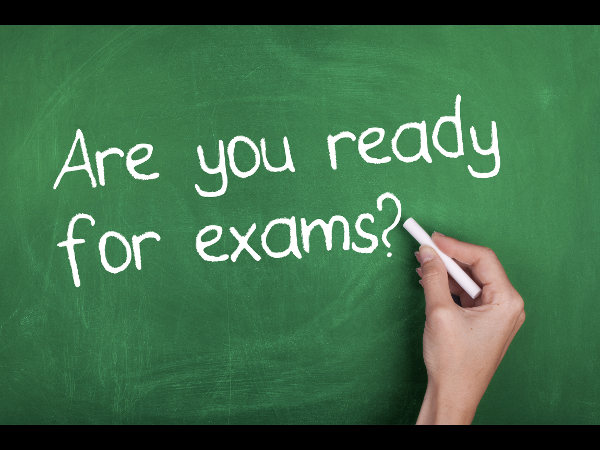
Emotional intelligence for children-2
Last week we looked at what interventions are possible at the school level for teaching emotional intelligence. One of the topics is conflict resolution. What typically escalates to conflicts is not communicating, making assumptions, and jumping to conclusions, sending a message in ways that make it tough for people to hear what you are saying. The point is not to avoid conflict completely, but to resolve disagreement and resentment before it spirals into a fight. Assertiveness and not aggression or passivity should be emphasized. Active listening, making eye contact and sending silent cues that the person is being heard are the methods. These can be drawn on at those moments when they need them the most urgently. Mastery in the emotional domain is especially difficult because skills need to be acquired when people are usually least able to take in new information and learn new habits of response – when they are upset. Coaching in these moments help. Teasing, feeling left out, fears, friends who are immature are the predicaments of the young. These are the topics of gripping import in a child’s life, which are aired on the periphery of school – at lunch, on the bus, at a friend’s house – if at all. More often than not, these are the troubles that children keep to themselves, obsessing about them alone at night, having no one to mull them over with. Each of these is potential grist for the explicit goal of discussion, which is illuminating the child’s sense of self and relationships with others. When the discussion is about anger, it is understood that it is always a secondary reaction and one has to look for what is underneath – hurt or jealousy. The teaching is that you always have choices about how you respond to emotion, and the more ways you know to respond to an emotion, the richer your life can be. The first lesson is about self-awareness. It is recognizing your strengths and weaknesses, and seeing yourself in a positive but realistic light. It includes improvement in recognizing and naming own emotions, to better understand the cause of feelings and recognizing the difference between feelings and actions. Another emphasis is on managing emotions – learning ways to handle anxieties, anger and sadness. Still another emphasis is on taking responsibility for decisions and actions, and following through on commitments. It means fewer verbal put-downs and fights, better ability to express anger appropriately, without fighting; less aggressive or self-destructive behavior; more positive feelings about self and family; less loneliness and social anxiety; better ability to focus on the task at hand and pay attention. A key social ability is empathy, understanding others’ feelings and taking perspective, and respecting differences in how people feel about things. Relationships are a major focus, including learning to be a good listener and question-asker; distinguishing between what someone says or does and your own reactions and judgments; being assertive rather than angry or passive; and learning the arts of cooperation, conflict resolution, and negotiating compromise. It makes one more assertive and skilled at communicating; more popular and outgoing; friendly and involved with peers; more sought out by peers; more concerned and considerate; more pro-social and harmonious in groups; more sharing, cooperative and helpful and more democratic in dealing with others.
With the curriculum already besieged by a proliferation of new topics and agendas, some teachers understandably feel overburdened and resist taking extra time from the basics. So an emerging strategy is not to create a new class, but to blend lessons on feelings and relationships with other topics already taught. Sophisticated stories give teachers entry points to discuss topics such as empathy, perspective taking and caring. The lesson to be taught is that there are impartial, fair ways to settle pint-sized disputes and that disputes can be negotiated. Emotional capacities like empathy and emotional self-regulation start to build virtually from infancy. Kindergarten year is for social emotions like insecurity and humility, jealousy and envy, pride and confidence – all of which require the capacity for comparing oneself with others. Then onwards school is a crucible and defining experience that will heavily influence children. A child’s sense of self-worth depends substantially on his or her ability to achieve in school. A child who fails in school sets in motion the self-defeating attitudes that can dim prospects for an entire lifespan. The ability to postpone gratification, to be socially responsible in appropriate ways, to maintain control over their emotions and to have an optimistic outlook are learnt from school.



